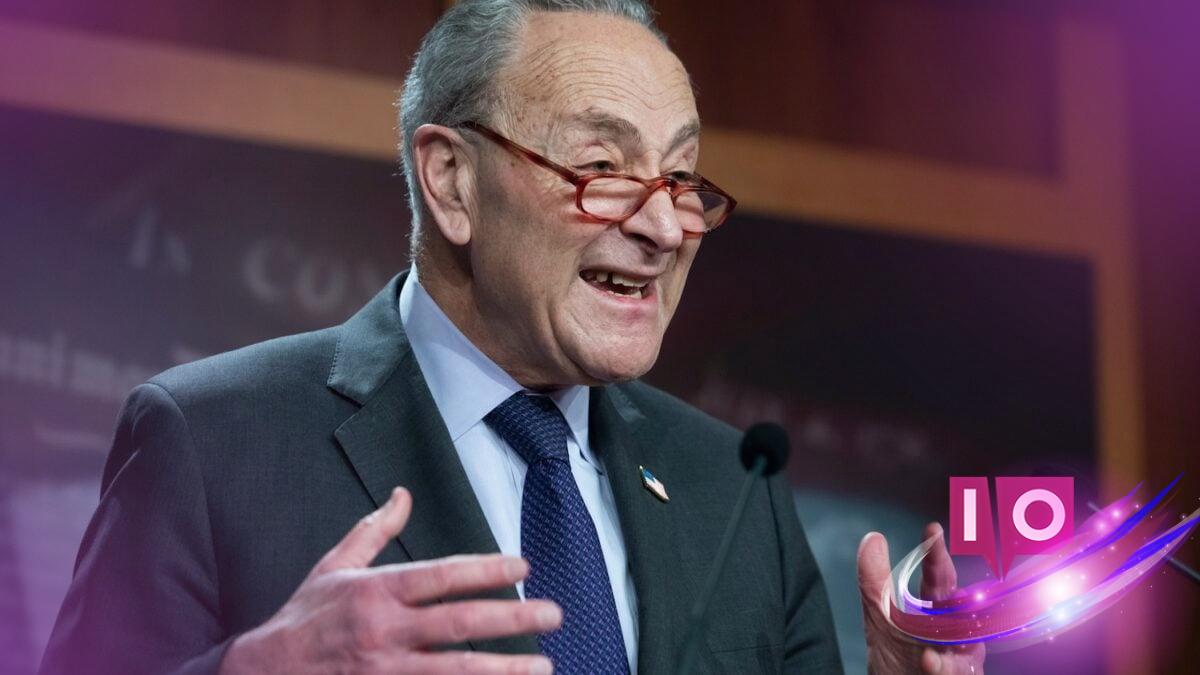Is an AI-generated video featuring a politician considered a deepfake if the words are genuinely theirs? The answer is yes, and the National Republican Senatorial Committee (NRSC) highlighted this by sharing a deepfake of Democratic Minority Leader Chuck Schumer on its X account recently.
This AI-generated video shows Schumer saying the phrase, “Every day gets better for us.” While those are indeed his words, they were originally drawn from a text interview published in Punchbowl News. In the video, after delivering this quote, Schumer’s digital representation takes on an exaggerated grin reminiscent of Jim Carrey’s character in The Grinch.
Joanna Rodriguez, the NRSC communications director, stated that “these are Chuck Schumer’s own words,” emphasizing that video provides a platform for voters to see and hear it for themselves. Traditionally, political ads convey similar messages through straightforward visuals or audio, but this modern approach raises questions around authenticity.
The video features a cinematic style with heavy bokeh effects, making it unlikely that attentive viewers would mistake it for a spontaneous remark during a live broadcast or an authentic smartphone clip from a congressional reporter. Instead, it resembles a hurried animation created with simple tools, potentially similar to Google’s Veo 3.
Yet there’s a legitimate concern here. In a notable series of viral videos, older Facebook users have repeatedly fallen victim to less convincing AI manipulations, indicating that the crafting of seemingly believable content can have significant implications.
The guidelines of X specify, “You may not deceptively share synthetic or manipulated media that are likely to cause harm.” The vagueness of “likely to cause harm” can be problematic, especially given that this video garnered fewer than 500 interactions at the time of publication.
In context, Schumer’s original interview focuses on his party’s messaging regarding the government shutdown and aims to draw public attention back to healthcare. He even elaborates further by saying, “But every day we’re getting better and better as the message sinks in more and more deeply.”
Have you ever wondered how deepfakes could influence political discourse? These digital tools can obscure the line between true representation and deceptive portrayal. Understanding this distinction is more important than ever in our rapidly evolving media landscape. What protective measures exist against deepfakes?
Protective measures can include regulations and user awareness initiatives aimed at educating the public about content authenticity. As our digital environments grow, so too must our skills in distinguishing credible information.
What impact do deepfakes have on voter perception? They can significantly distort public perception, leading to misinterpretation of a politician’s stance or comments. This misuse of technology risks undermining trust in media and political figures.
Could AI-generated media become a staple in future political campaigns? As technology continues to evolve, AI-generated content may find its place alongside traditional advertising methods, provided there are ethical guidelines and transparent use.
In closing, navigating this evolving digital landscape requires vigilance and critical thinking. Understanding the impact and implications of AI-generated content, such as deepfakes, is crucial in maintaining trust and authenticity in our political arenas. For further insights, explore more engaging topics at Moyens I/O.
